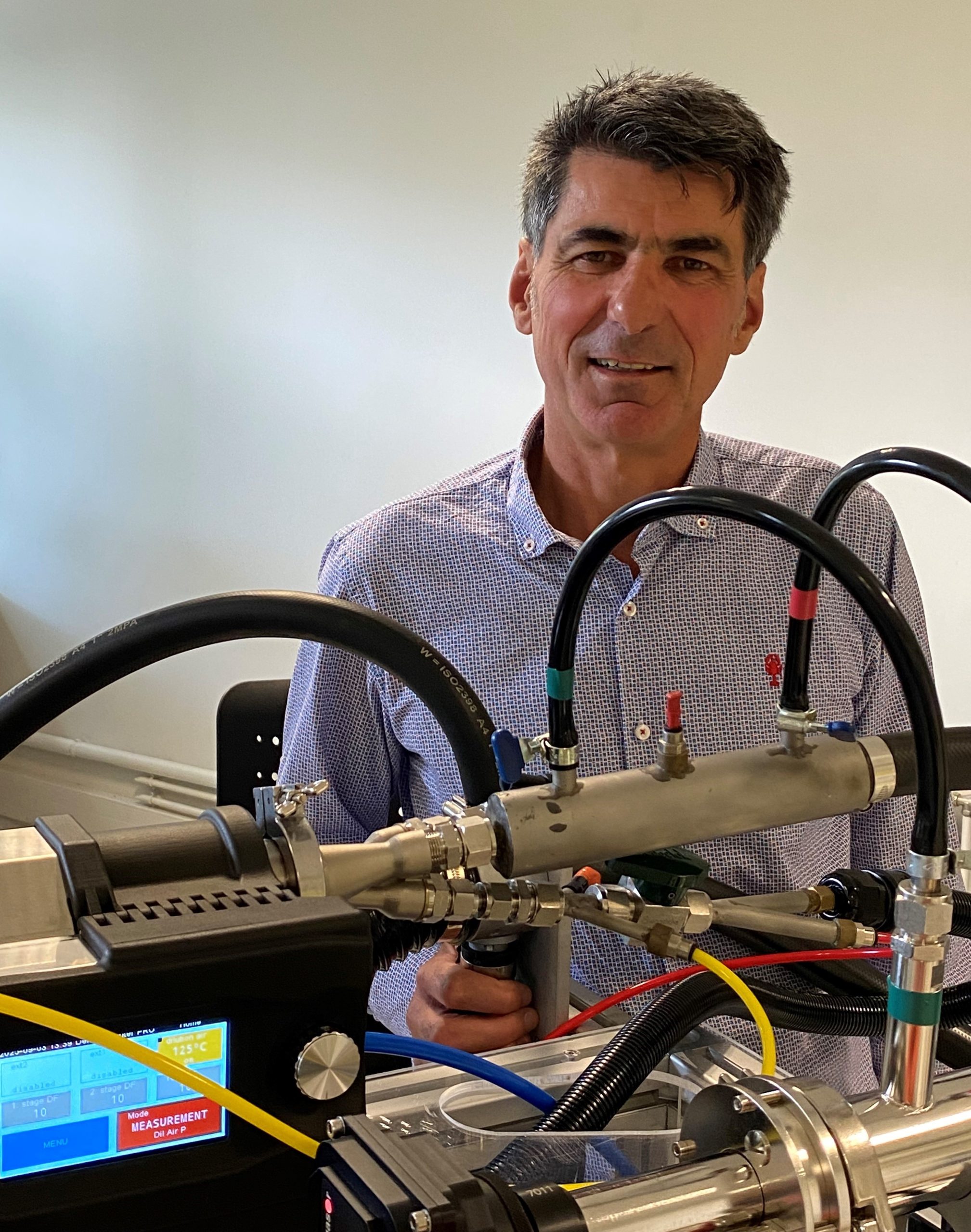Methane emissions from LNG-powered ships 50% lower than feared, 12-month study finds

- Methane emissions have a direct impact on Brittany Ferries’ bottom line: we cannot be unfairly penalised in ETS calculations for emissions that do not exist – “phantom emissions”
- We therefore urge an urgent revision to reference data in emissions taxation rules (FuelEU and ETS) to ensure they reflect real-world data
- Progress towards net zero relies on innovation being recognised for its true value ; not demonised by incorrect assumptions.
Brittany Ferries is committed to reducing greenhouse gas emissions from its ships. But climate change tax rules must look to real-world data rather than values collated from out-of-date studies.
The message comes after publication of an independent study carried out by researchers in France. They took funnel emission readings from Brittany Ferries’ LNG-powered ship Salamanca over a 12 month period. Results showed that unburned methane – sometimes called methane slip – was around 50% less than default values used as a benchmark for European shipping emissions regulations
Annual methane slip was found to be 1.57%. That’s less than half of regulatory estimates of around 3.5%. Led by Benoit Sagot, a lecturer and researcher at ESTACA1, the findings have been published in the Journal of Marine Science and Engineering : https://www.mdpi.com/2077-1312/13/7/1379
“We fully support the established principle of polluter pays, but the rules must reflect reality,” said Christophe Mathieu, CEO Brittany Ferries. “The data now shows that real emissions from our LNG ships are far, far lower than initial fears. This must be woven into regulatory declarations, mindful that these must be the basis of fines we must pay.”
“This independent research has been peer reviewed and should therefore serve as a solid basis for European and international regulators,” he continued. “We have invested significantly in LNG as a cleaner, greener fuel with four new ships. It is important that we are recognised for our sector leading approach to sustainability, and that we are not penalised for phantom emissions that exist only on a spreadsheet.”
Brittany Ferries is pleased to have contributed to research undertaken in collaboration with ADEME (the French Agency for Ecological Transition). Readings were taken on the Rosslare-Bilbao and Rosslare-Cherbourg ferry routes over a 12 month period last year.
It says that the company is ready to welcome follow-up studies and is open to approaches to use its LNG-powered ships, in the spirit of transparency and collective action to tackle climate change.
“Regulators must follow the science and pursue policies that encourage rather than penalise low-carbon maritime technologies,” concluded Mathieu.
Ends
 News
News